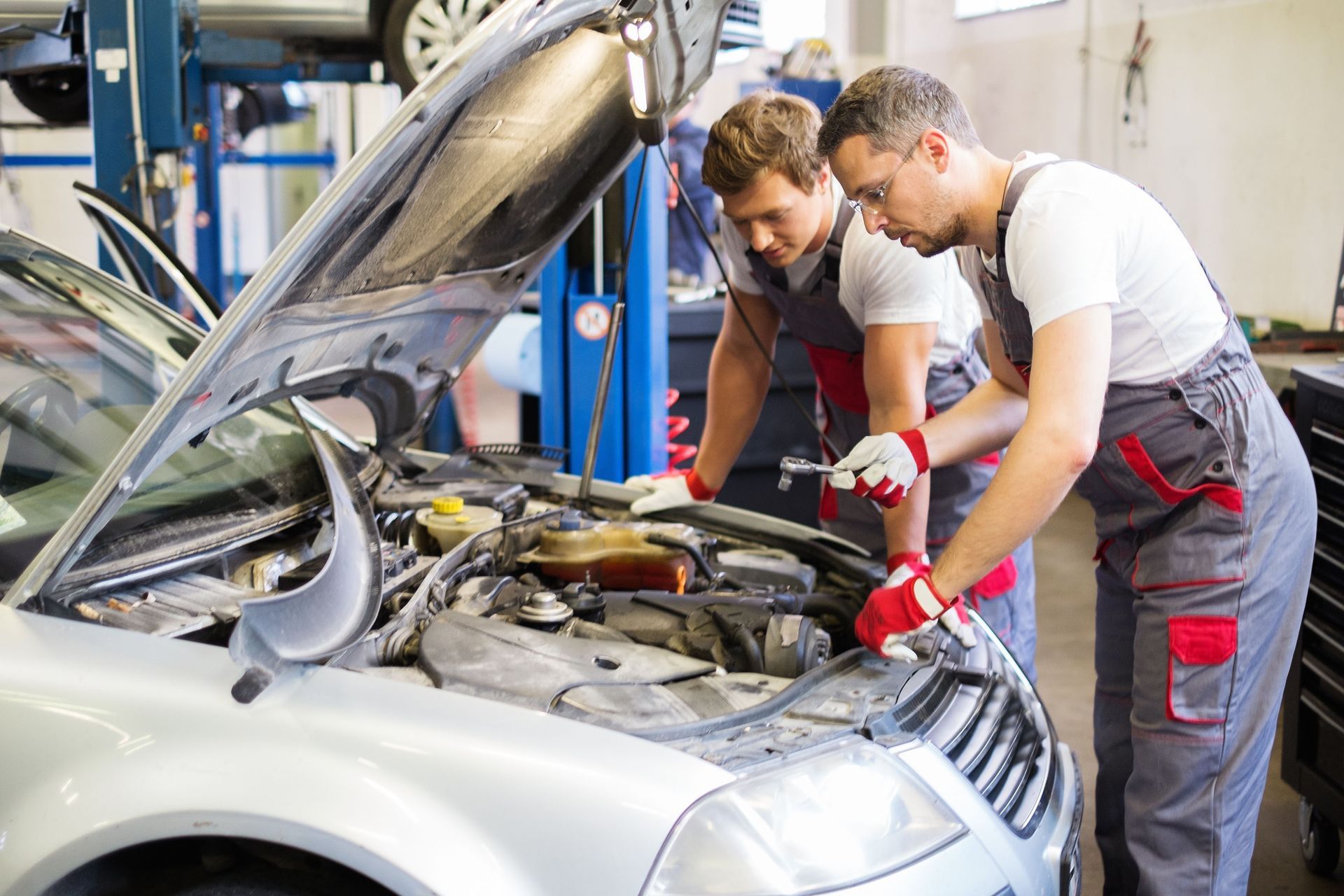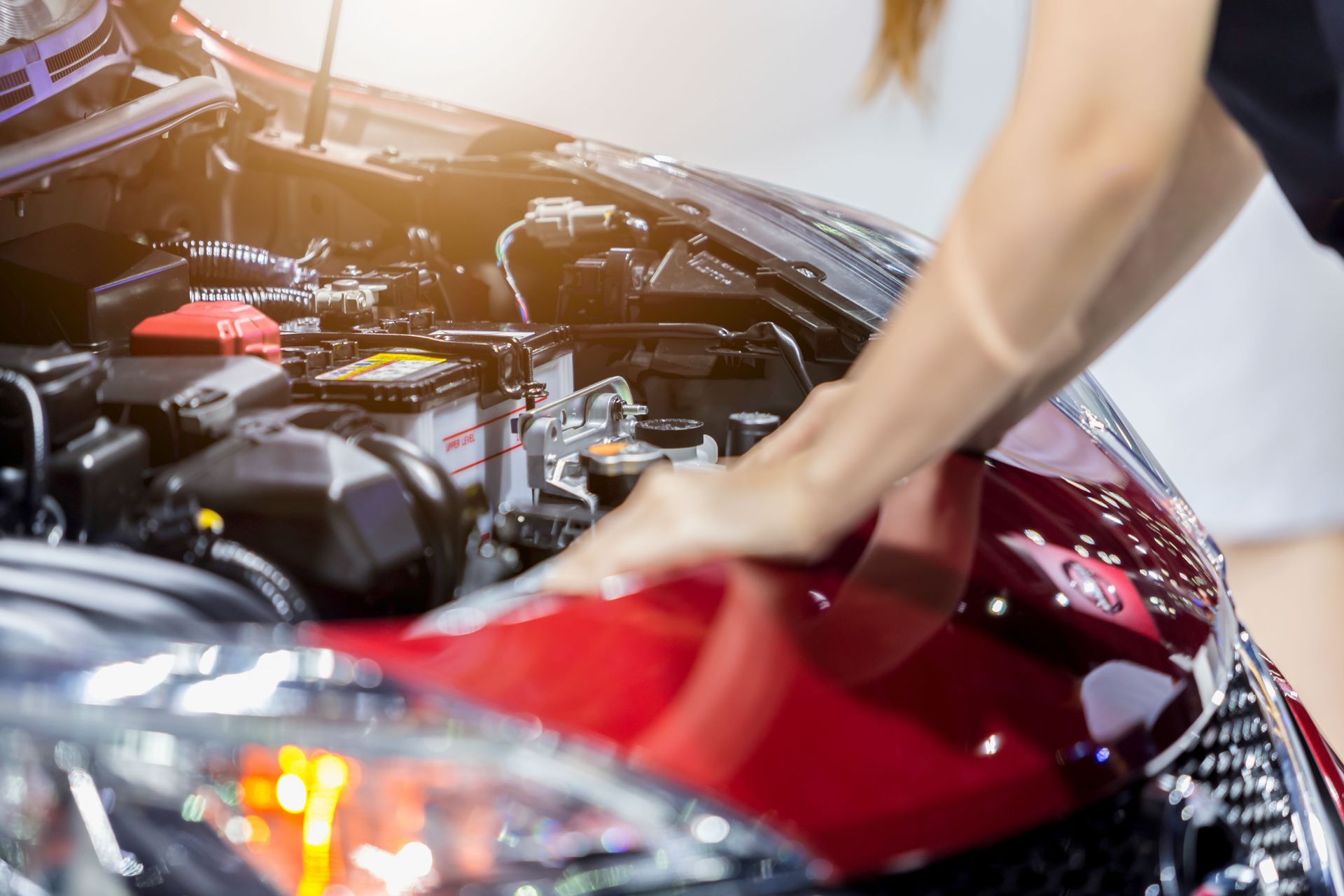August 29, 2025
Ensuring your car runs smoothly between scheduled repairs involves more than just a yearly trip to the mechanic. Regular maintenance and proactive measures can significantly prolong your vehicle's lifespan and prevent unexpected breakdowns. By staying diligent about your car's health, you maximize performance, improve safety, and potentially save on costly repair bills.
The benefits of regular car maintenance extend beyond reliability and performance. A well-maintained vehicle holds its value better, making it a smarter investment. Moreover, adhering to a maintenance schedule can substantially reduce your car’s carbon footprint, contributing positively to the environment.
Understanding and implementing these maintenance practices requires little more than a basic guideline and a keen eye for detail. Simple routine checks and basic know-how about your car's components can make all the difference. This article provides an in-depth look at essential practices that will help you keep your car functioning efficiently by visiting an auto repair shop.
Oil and Fluid Levels
Oil changes at an auto repair shop are crucial for maintaining a healthy engine. According to the American Automobile Association, advancements in oil blends and automotive technology now recommend oil changes every 5,000 to 7,500 miles for most engines. Regularly checking your oil level and condition can prevent severe damage and extend your engine's life. Besides oil, your vehicle relies on various fluids such as brake, transmission, coolant, and windshield washer fluids to function correctly. Keeping these fluids topped up and checking for leaks can prevent expensive repairs down the road. Every engine fluid plays a role in vehicle safety, performance, and longevity.
It's also important to use the right type of oil and fluids specific to your vehicle's needs. Check your owner’s manual or consult a professional if you’re unsure about the appropriate types. Regular fluid checks can avert the risk of overheating, poor fuel efficiency, and system failures. In addition, monitoring fluid color and consistency can give you early warning signs of potential issues. For instance, dark or gritty oil indicates it’s time for a change, while a low coolant level could signal a leak in the system.
Transmission fluid that appears burnt or discolored may point to internal problems that need immediate attention. By catching these subtle indicators early, you can avoid breakdowns and keep your vehicle operating at peak performance. Routine inspections not only improve safety but also provide peace of mind knowing your car is ready for both daily commutes and long trips.
Tire Pressure and Tread
Proper tire maintenance at an auto repair shop involves checking both the pressure and tread. Incorrect tire pressure can affect fuel economy, handling, and safety. Keeping tires inflated to the recommended pressure optimizes performance and ensures even wear.
The tread on your tires should also be inspected regularly. Tread wear can affect your vehicle’s traction, especially in wet conditions. Uneven tread wear might indicate alignment issues or the need for tire rotation.
Regular tire maintenance also involves checking for any visible damage or foreign objects that might cause a puncture. Safe tires can make a significant difference in your driving experience and are vital for both short daily commutes and longer road trips. Ensuring your tires are in optimal condition enhances your vehicle's safety, performance, and fuel efficiency. Regular rotations, balancing, and timely replacements further protect against blowouts and extend the overall lifespan of your tires.
Brake System
Your car's brakes are one of its most critical safety systems. Regular inspection of brake pads, rotors, and fluid is crucial to maintaining effective stopping power. Any noise or vibration while braking should be investigated immediately, as it could signal significant issues.
Keeping your brake fluid topped off and changing it as needed is essential for maintaining braking efficiency. Contaminated brake fluid can lead to a spongy pedal feel and longer stopping distances. Regular inspections can help you catch potential brake failures before they worsen.
Aside from safety, well-maintained brakes at an auto repair shop also contribute to better vehicle handling and longer-lasting components. Ensuring that your brakes are always in top condition means staying proactive, understanding the warning signs, and addressing issues promptly. Routine brake maintenance is one area where vigilance pays off with increased safety and decreased repair costs.
Battery Health
The battery is a vital component in your vehicle's electrical system, and ensuring its health can save you from inconvenient stalling. Regularly checking the battery's charge level and ensuring its terminals are clean and corrosion-free is essential to avoiding unexpected troubles.
A weak battery could mean potential starts in the cold or might need a replacement if showing signs of wear like slow engine crank or leaking. Routinely verifying the battery voltage can provide insights into its condition. Testing and maintaining your vehicle's battery could avert unexpected breakdowns and enhance overall vehicle reliability.
Understanding the battery's life span and noticing when it's starting to fail will empower you to visit an auto repair shop to replace it before it’s too late. Many platforms offer free battery testing services, providing a simple and accessible way to stay updated on battery health. Maintenance also involves ensuring connections are secure and free from oxidation, which can impair performance.
Belts and Hoses
Belts and hoses are often overlooked in vehicle maintenance, but are crucial to your car’s performance. The timing belt, serpentine belt, and hoses each serve specific purposes in various systems in your vehicle. A failing belt can lead to engine overheating, a lack of power steering, or a dead alternator.
Regularly inspecting these components at an auto repair shop for signs of wear, such as fraying or cracking, can prevent sudden failures. Replacing belts according to the manufacturer's specifications is an excellent preventive measure. Similarly, checking hoses for leaks, splits, or bulges and replacing them as necessary prevents overheating and system failures.
Routine inspections and timely replacements of belts and hoses help ensure the smooth operation of the engine and ancillary systems. These components are often prone to damage from heat and wear over time, but they can be relatively inexpensive to replace if caught early. Proactive maintenance can extend their service life and prevent untimely breakdowns.
A well-cared-for vehicle isn’t just a reliable mode of transportation—it’s a reflection of diligence, foresight, and responsibility. By prioritizing regular maintenance, from checking fluids and brakes to monitoring battery health and tire condition, you’re not only protecting your car’s performance but also ensuring your safety and peace of mind on the road.
Every small step, whether it’s topping off coolant or inspecting belts and hoses, contributes to preventing larger issues that could leave you stranded or facing costly repairs. Beyond convenience, consistent care helps preserve the value of your car and supports long-term efficiency, making your vehicle last longer and perform better.
And while many tasks can be handled at home, partnering with a trusted auto repair shop for scheduled services ensures that nothing is overlooked and that your car continues to meet the demands of daily driving. Staying proactive with your maintenance routine means fewer surprises, reduced expenses, and more confidence behind the wheel. Ultimately, the time and attention you invest in your vehicle today will pay off tomorrow in reliability, safety, and a smoother driving experience. Contact Tri-County Firestone Service Center today for more information about our services.









